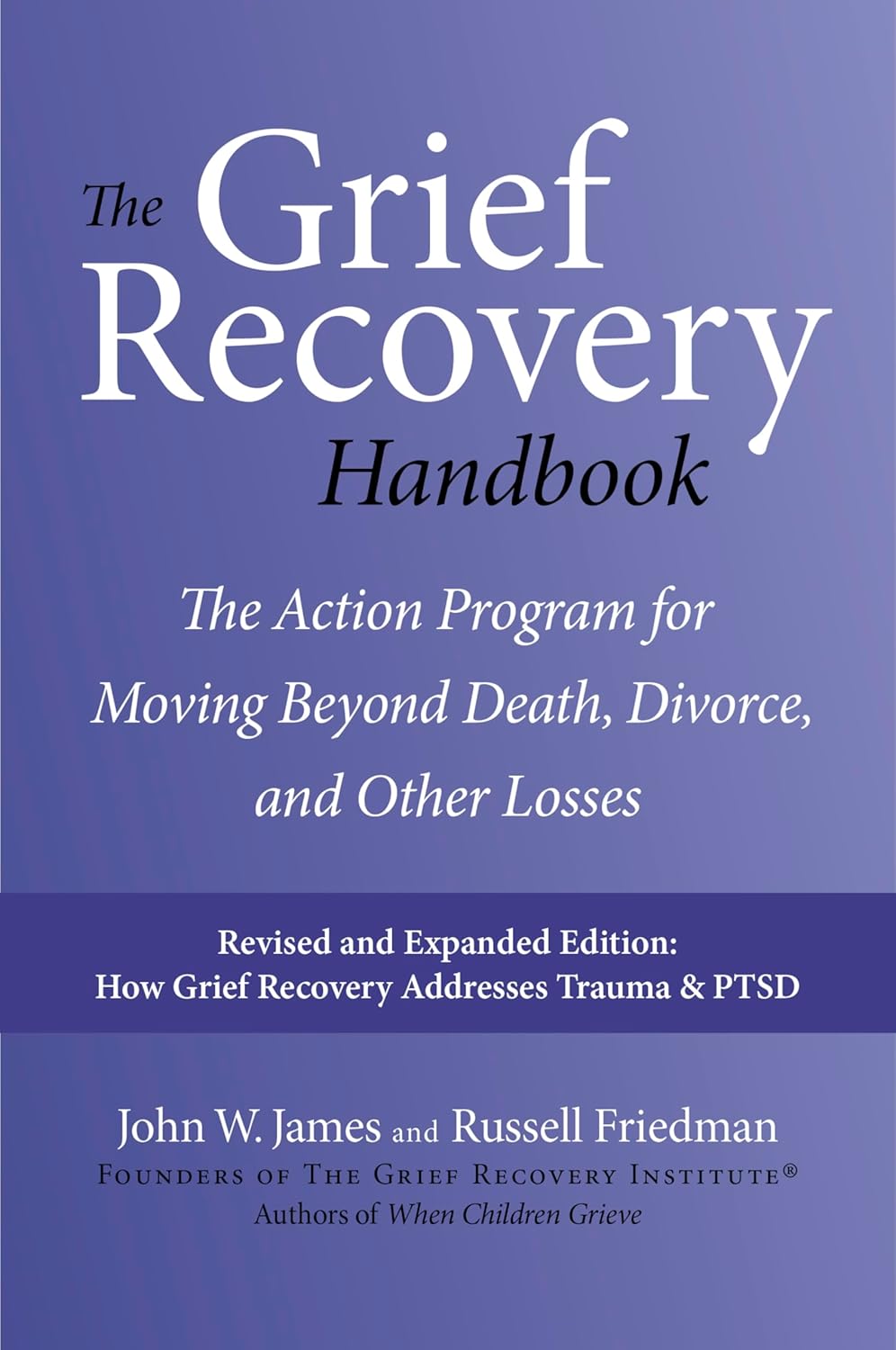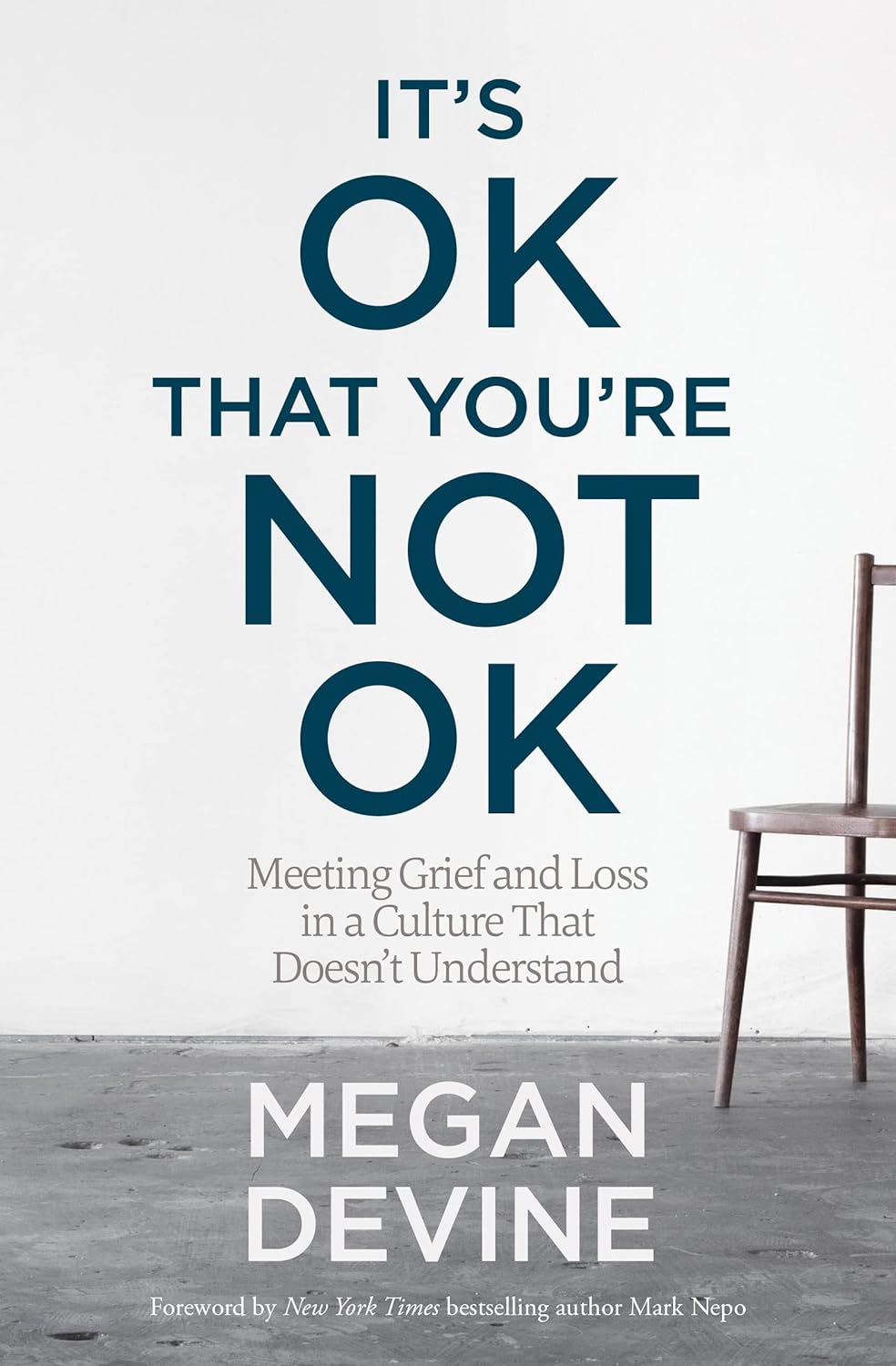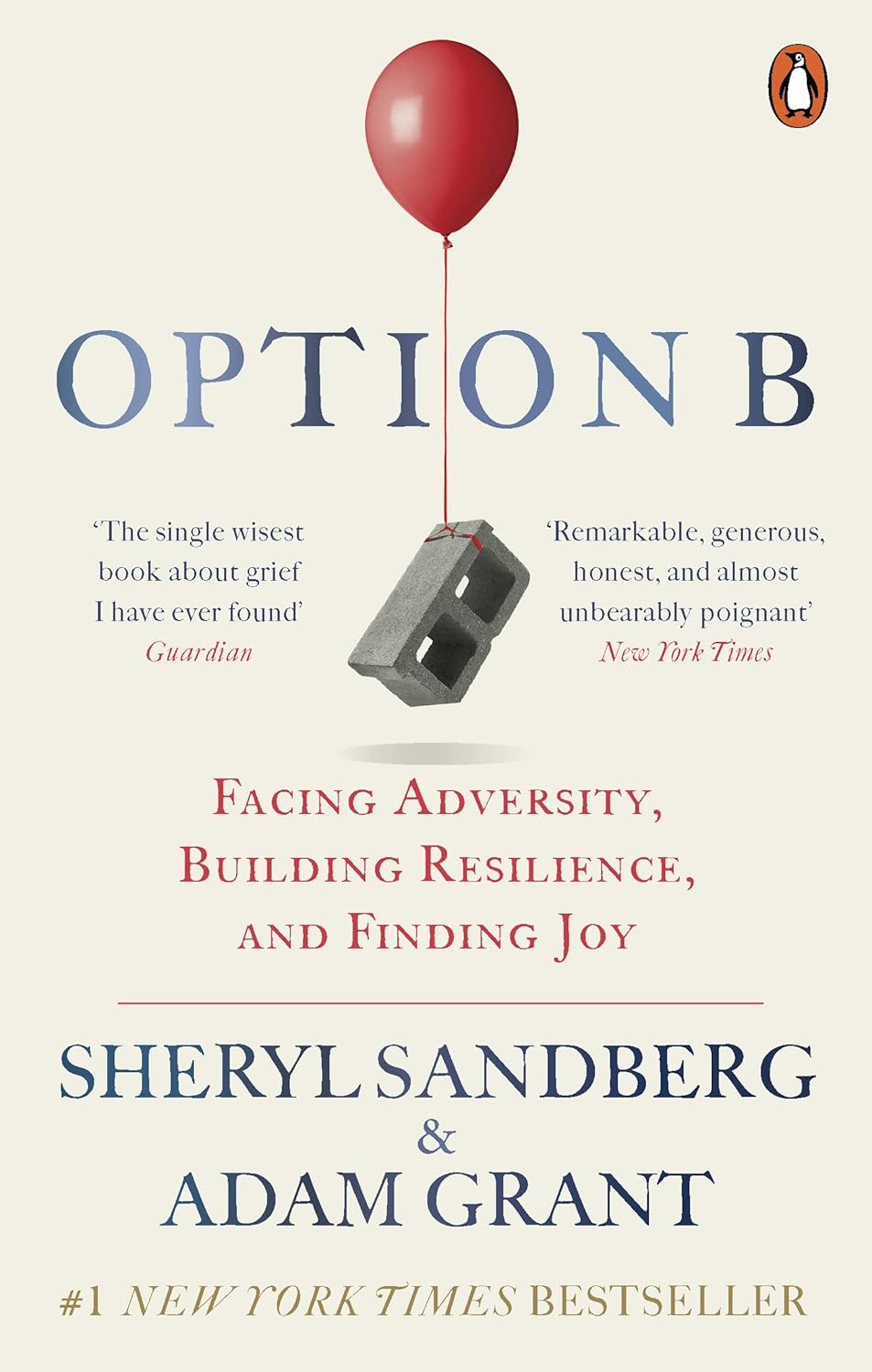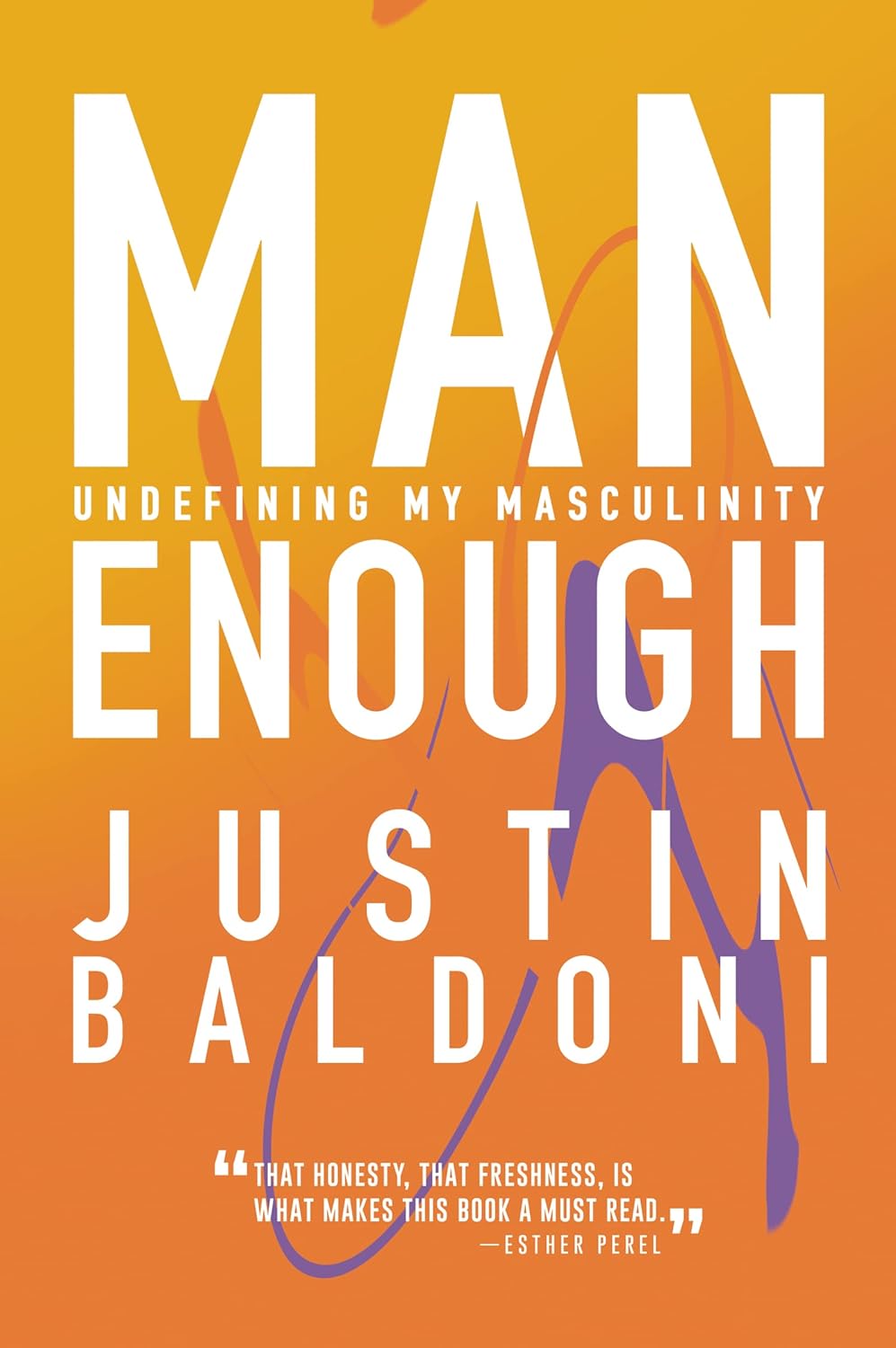GRIEF AND LOSS
“Grief is not a sign of weakness, nor a lack of faith. It is the price of love.”
- Unknown
FINDING YOUR WAY THROUGH IT
If you've lost someone, something, or even a version of yourself, this page is for you.
As men, we’re often expected to be the strong ones. To hold it together for others. To keep going.
And while that strength might carry us through on the outside, it can tear us apart within.
The truth? Grief is heavy. It’s messy. It doesn’t follow a timeline, and it doesn’t always look like sadness. Sometimes it’s anger. Sometimes it’s numbness. Sometimes it’s just not knowing what the hell you feel.
But here’s the good news: there’s no “right” way to grieve - only your way.
And you don’t have to do it alone.
WHY IT MATTERS
Grief isn’t just about death. It can come after a breakup, job loss, estrangement, miscarriage, or even the loss of an identity.
For many men, grief becomes a silent weight. Society doesn’t hand us an emotional framework - just phrases like “man up,” or “be strong for the family.” (where have we heard that before?)
So we internalise the pain. We isolate. We distract. We pretend we’re fine.
But grief doesn’t vanish when you ignore it, it festers. And over time, that buried pain can show up in your relationships, your health, your confidence, your ability to connect.
Sometimes the hardest part isn’t the funeral. It’s the Tuesday afternoon three months later, when everyone else has moved on - and you haven’t.
Let’s talk about what it really looks like - and how to start healing.
WHAT YOU'LL FIND ON THIS PAGE
- A guide to recognising grief - even when it doesn’t look like grief
- Why men often struggle to process loss
- Healthy ways to cope and express your feelings
- How to support a grieving mate
- Where to find help when you’re struggling
RECOGNISING GRIEF WHEN IT'S NOT OBVIOUS
- Sudden bursts of anger or irritability
- Losing interest in things you used to love
- Feeling numb, disconnected, or 'off'
- Increased drinking, porn use, or other distractions
- Physical symptoms like headaches, fatigue, or chest tightness
And it matters.
A lot of men don’t realise they’re grieving.
They just think they’re stressed. Or tired. Or fed up.
But if something changed - and you haven’t felt like yourself since - it might not be “just stress.”
It might be loss.
WHY MEN STRUGGLE WITH GRIEF
- We're told to be strong: From a young age, many boys are taught that crying is weakness, and emotions make you less of a man
- We don’t want to burden others: So we bottle it up, thinking we’re protecting our loved ones.
- We lack the language: If you’ve never been shown how to talk about your emotions, how can you?
- We use distractions instead of healing: Numbing is easier than facing what hurts. Until it stops working.
And healing isn’t weakness. It’s strength pointed in the right direction.
Always remember: you're not weak for feeling pain.
COPING IN A HEALTHY WAY
You don’t need to do all of this.
Just start somewhere.
- Acknowledge your feelings. Don’t judge them. Grief might bring sadness, guilt, relief, rage, confusion - all at once. That’s normal.
- Talk to someone. A friend, a counsellor, a group. You don’t have to make sense of it all alone.
- Give yourself permission to grieve. There’s no timeline. Some days will be okay. Others will knock the wind out of you. That’s not failure, that’s grief.
- Move your body. A short walk. A workout. Getting out of your head can help ease the pressure.
- Create a ritual. Write a letter to the person you lost. Visit a meaningful place. Honour the loss in your own way.
HOW TO SUPPORT A GRIEVING MATE
- Don’t try to fix it. Just listen.
- Avoid clichés like “everything happens for a reason.”
- Let him talk - or not talk. Just be present.
- Keep checking in, even weeks or months later.
- Ask the Five-Word Check-In: “How’s your heart right now?”
WHEN IT'S TIME TO GET HELP
Grief can turn into something heavier - especially if it’s been months (or years) and you still feel stuck, depressed, or unable to function.
There’s no shame in asking for help. In fact, it might be the bravest thing you do. A qualified therapist or grief counsellor can walk alongside you - not to take your pain away, but to help you carry it better.
DISCLAIMER
We’re not therapists or mental health professionals - just men standing with other men.
If you’re struggling, these organisations can offer real, qualified support.
Don’t do this alone.
CRUSE BEREAVEMENT SUPPORT
Cruse.org.ukSTRONGMEN
StrongMen.org.ukSAMARITANS
Samaritans.orgMIND - MENTAL HEALTH CHARITY
Mind.org.ukTHE LOSS FOUNDATION
thelossfoundation.orgRECOMMENDED READING
YOUTUBE RESOURCES
FINAL WORD
You don’t have to “move on.” You just have to move forward - one step, one moment, one breath at a time.
If you’ve loved deeply, of course you’ll grieve deeply. It doesn’t make you broken.
Talk.
Cry.
Rage.
Remember.
Honour what you lost.
Know that healing doesn’t mean forgetting - it means learning how to live again, with the love still in your heart.











